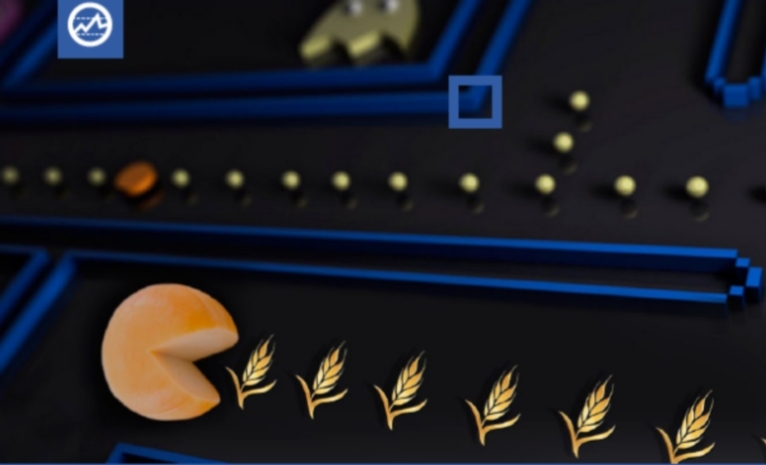
Dutch financial institutions speculate in food markets
On the eve of Christmas, the Dutch TV program Zembla broadcast the documentary Trade in Hunger, focusing on the activities of Dutch financial institutions on the derivates market in staple foods such as corn, grains, and sugar. This TV programme is based on the new SOMO report ‘Food Markets in Dutch. Dutch banks and pension funds in agricultural derivatives markets’, published today, revealing the extent to which the largest Dutch banks and pension funds are active on food derivatives markets.
The new SOMO report examines the financial investments in the agricultural derivates markets of the three largest Dutch banks, ABN AMRO, ING and Rabobank, as well as the three largest asset managers of Dutch pension funds, APG, PGGM and MnServices. The research covers 90 per cent of the Dutch bank market and 60 per cent of the Dutch pension savings. With a total of 5 billion Euros, the pension funds are the key players in the market. One of the first pension fund that became active on this market globally, was PFZW and its asset manager PGGM. Today, with 7 per cent of total assets invested in commodity derivatives it is one of the most active pension funds in this field, compared to 2-3% for the other Dutch pension included in the research. Of the banks, Rabobank (including Robeco) has with a distance the biggest exposure in the field of agricultural commodity derivatives markets. ABN AMRO is also an important actor, specifically as a provider of clearing services, where with a market share of around 10 per cent in the most important agricultural futures markets it belongs to the global top 3.
None of the banks has any publicly stated corporate social responsibility (CSR) policy with regard to these activities. The same is true for the pension funds, with the exception of PFZW, which put a position paper on its website during the course of this research.
Given that the Dutch financial institutions reviewed all have corporate social responsibility policies that include respect for Universal Human Rights, including the right to affordable food . They should also play a role in eliminating possible breaches of this right. Financial institutions active in food derivatives markets should at a minimum provide their clients and the public at large with a well-reasoned reply to the many reports that—based on recent research by academics—have concluded that, taking the precautionary principle into account, these investments should be curbed. This means also that they are fully transparent about the way they invest in commodity derivatives markets.
However, financial investors could do more than just (try to) better explain what they are doing and why. Following the precautionary principle also private financial institutions could take steps, given the gravity of the issue at stake (people’s right to affordable food), the unclear benefits of the recent financialisation of commodity markets and the fact that both real food markets (with a large part of the world’s food reserves labelled either company or state secret) and derivatives markets will continue to be highly opaque in the coming years.
Foodwatch has called on major banks “to take a first precautionary step by refraining from speculation with food commodities like soybeans, corn and wheat in their financial strategies.” Given the, still, small part of their portfolio invested in these first necessities of life, this indeed would be a welcome step.
Read the new SOMO report Food Markets in Dutch. Dutch banks and pension funds in agricultural derivatives markets.
Watch here (opens in new window) the Dutch TV program Zembla, broadcasting the documentary Trade in Hunger.
Watch and read about the Financial Hype.
Related news
-
Why share buybacks are bad for the planet and peoplePosted in category:Opinion
 Myriam Vander StichelePublished on:
Myriam Vander StichelePublished on: Myriam Vander Stichele
Myriam Vander Stichele -
 The trillion-dollar threat of climate change profiteersPosted in category:Long read
The trillion-dollar threat of climate change profiteersPosted in category:Long read Myriam Vander StichelePublished on:
Myriam Vander StichelePublished on: -
The treaty trap: The miners Published on:
 Vincent KiezebrinkPosted in category:Publication
Vincent KiezebrinkPosted in category:Publication Vincent Kiezebrink
Vincent Kiezebrink

